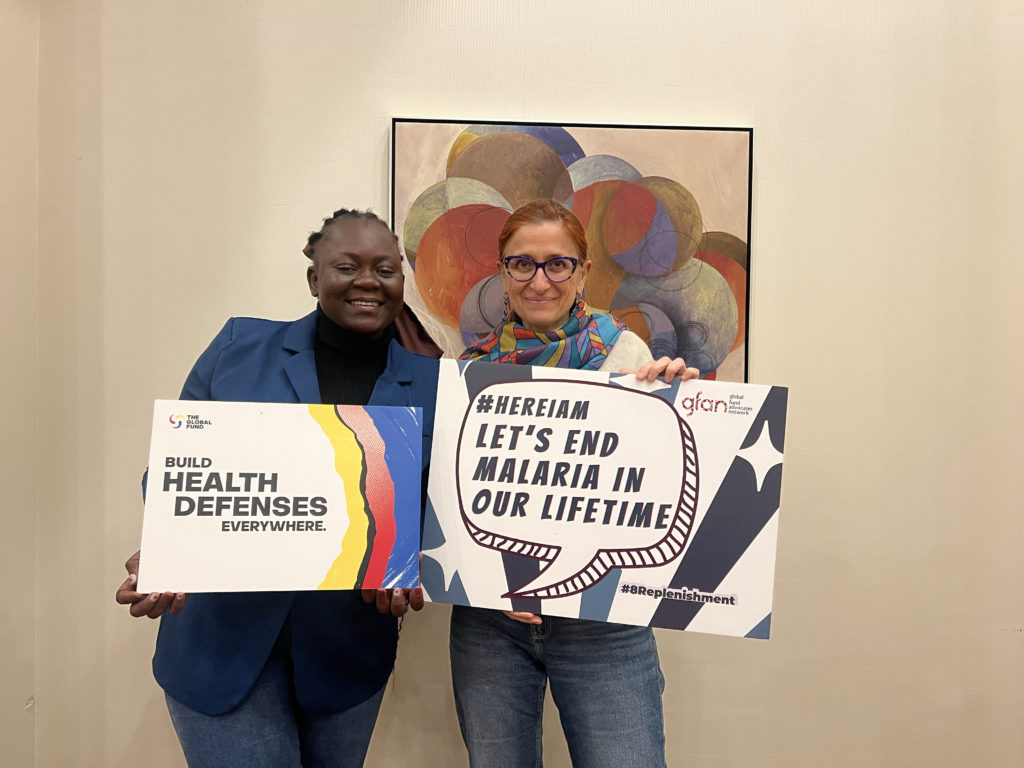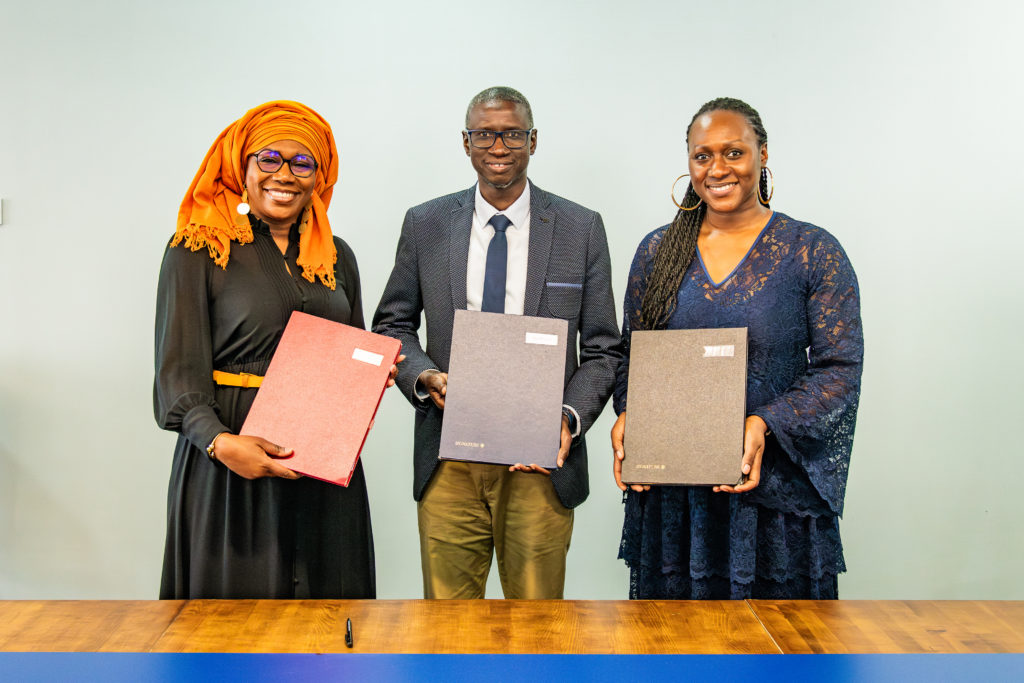World Toilet Day: Between Health and Climate Crises, the Right to Sanitation for All Must Remain a Priority
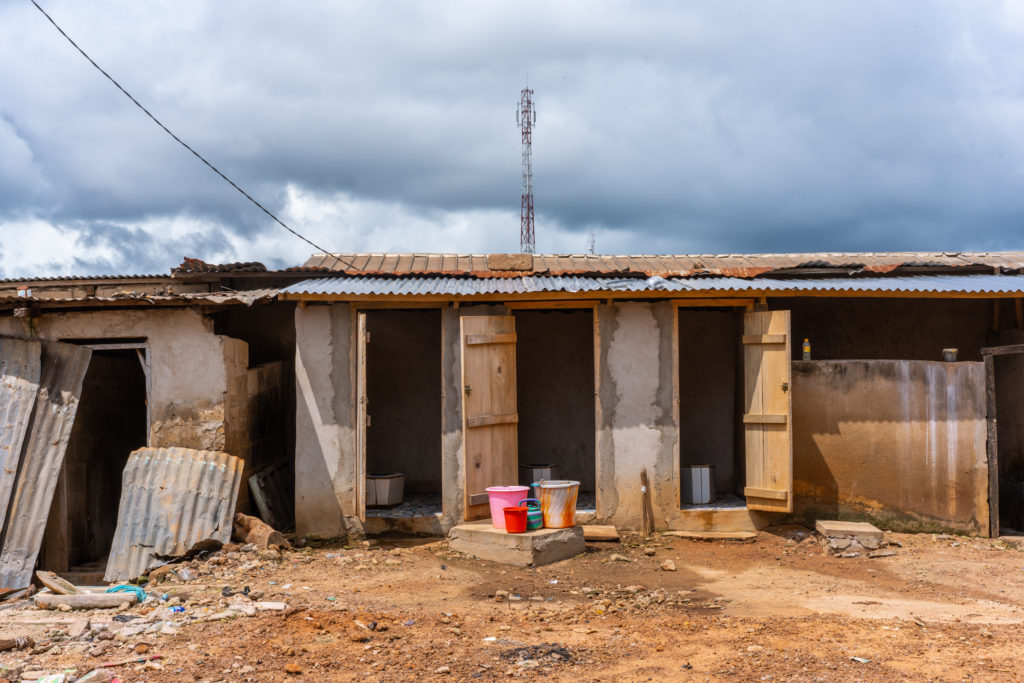
Every year, World Toilet Day reminds us, that access to adequate sanitation services is essential for a healthy and dignified life. Yet, in Africa, this access remains a privilege many cannot afford. In some areas, having a clean and safe toilet is still a luxury. According to the World Health Organization (WHO), more than 1.5 billion people worldwide still lack basic sanitation services, such as private toilets or latrines. As climate crises, political instability, and epidemics capture global attention, the fundamental right to quality sanitation often falls by the wayside, despite its direct impact on health, safety, and gender equality.
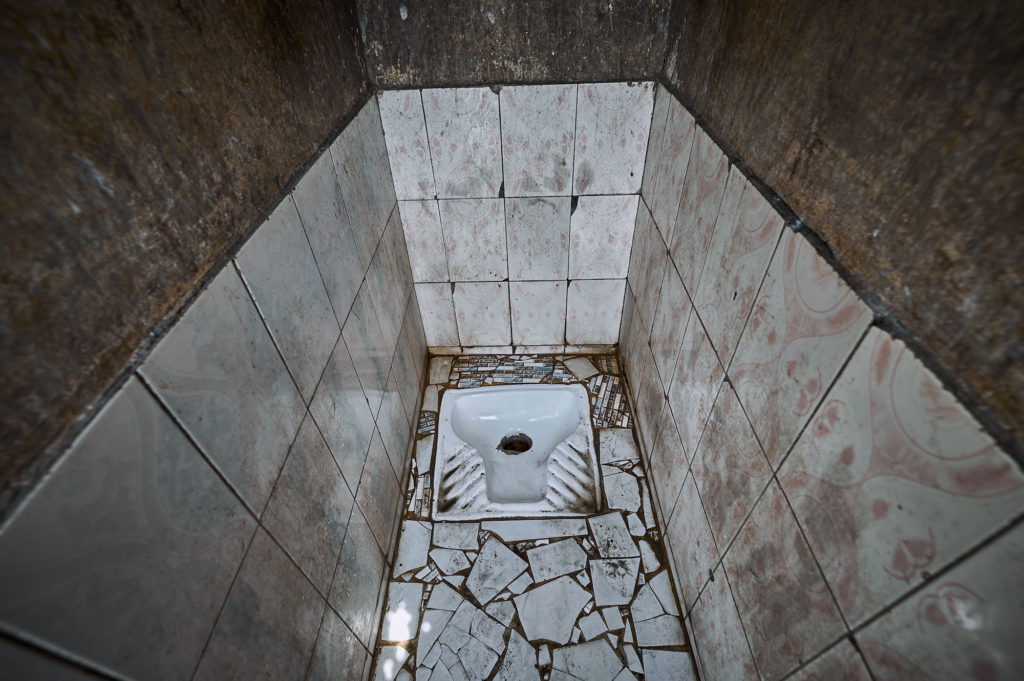
I recall a striking experience during an overnight journey from Ghana to Côte d’Ivoire. A pregnant woman, visibly uncomfortable, needed to stop for a toilet break. The driver, hesitant, was concerned about the lack of toilets and potential safety risks along the way. Finally, he stopped, forcing her to relieve herself in an open area. This scene illustrates the lack of sanitation services and the challenging, sometimes humiliating situations that millions of people, particularly women and vulnerable individuals, face every day. Today, about 65% of the sub-Saharan African population lacks access to basic sanitation services (Administrator’s Office Africa ii 2024 Group, African Development Bank Group, 2024). The economic and health costs associated with this lack of infrastructure are staggering, including water source contamination, the spread of diseases like cholera and neglected tropical diseases, and a reality of menstrual poverty and gender-based violence, particularly as women search for secluded places to meet their needs, often at the risk of their safety.
By failing to prioritize sanitation, we all pay a high price: according to Water for All – AgroParitech, SUEZ, for every euro invested in water and sanitation, there is a return of 4.30 euros in healthcare cost reductions globally.
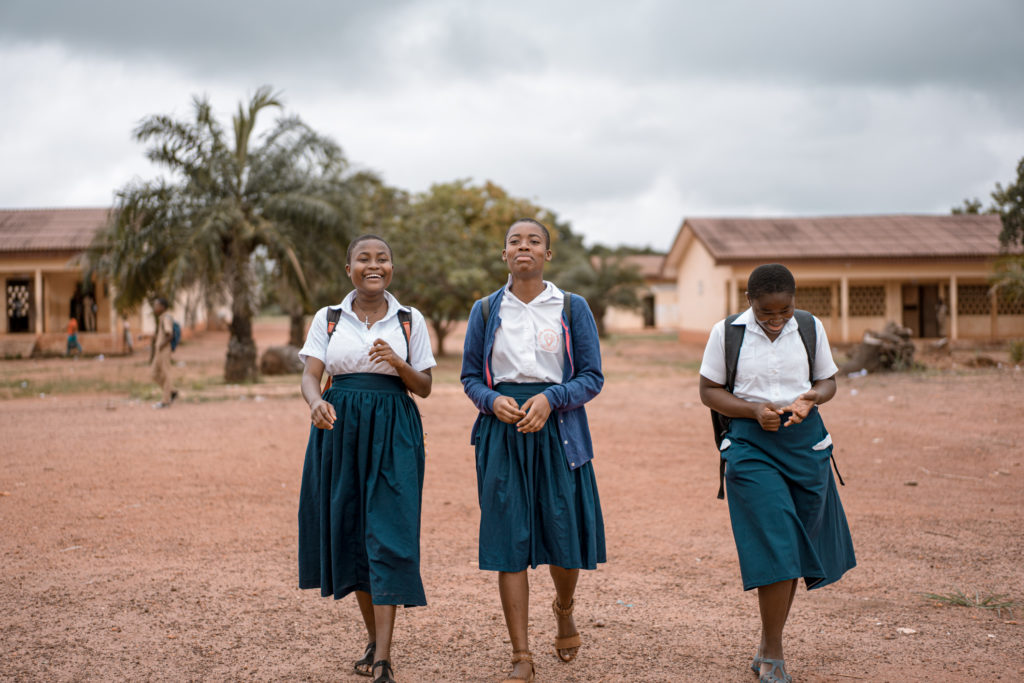
This year’s theme, « Toilets as Spaces of Peace, » invites us to rethink the place of toilets within our communities. In many African households, toilets are more than just a private space; they are a place for communal sharing, where toilets are maintained collectively, thereby strengthening community ties. Yet, the impacts of climate change devastate already fragile sanitation infrastructure. Floods, droughts, and storms damage these toilets and lead to a scarcity of water resources, making access and maintenance even more challenging and increasing health risks. Additionally, these natural disasters contribute to the mass migration of populations, especially in rural and peri-urban areas where infrastructure is already limited. The resulting urban migration places even greater pressure on already insufficient sanitation infrastructure, exacerbating precarious living conditions. Meanwhile, rising tensions over water resources can lead to conflicts within communities that, in West Africa, for example, often share at least one watercourse with neighboring countries[1].
As access to traditional infrastructure remains complex, new technologies and innovations are emerging to address these gaps. Innovative toilets, often requiring no water and using decomposition or waste treatment processes, offer a sustainable, eco-friendly solution to the continent’s challenges. In Africa, pilot projects using dry toilets or self-contained composting systems show promising potential, adapting to local constraints while conserving natural resources. By amplifying advocacy efforts to increase investment in innovative solutions, we have an opportunity to provide safe access to toilets even in the most remote areas, while reducing the ecological footprint.
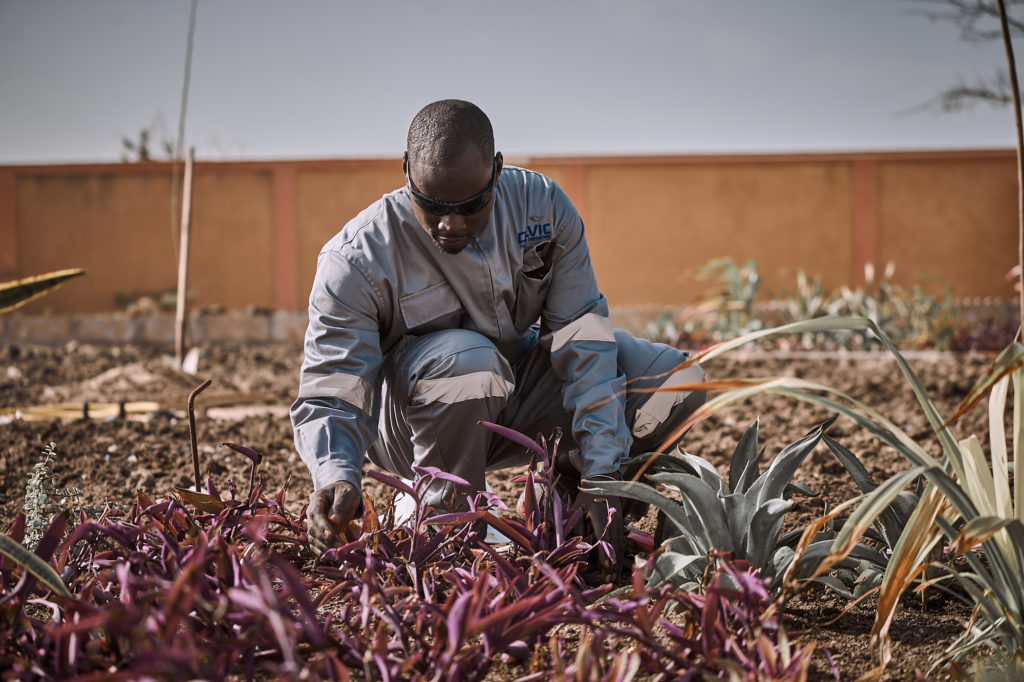
Recent health crises, such as COVID-19, the Marburg virus, and Mpox (monkeypox), have monopolized the attention of governments and donors, often at the expense of sanitation investments. However, ensuring adequate access to toilets and hygiene facilities is essential to curb the spread of such epidemics. Without reliable sanitation infrastructure, basic practices like handwashing, which proved crucial during COVID-19, become difficult, leaving entire populations unprotected against pathogens. Therefore, integrating sanitation as a central pillar of public health strategies is not only logical; it’s vital. Strong investment in sanitation does not only meet immediate health needs but also serves as a bulwark against future health crises. By strengthening these infrastructures, we build resilience that protects communities from both current and future diseases.
Access to toilets also goes beyond Sustainable Development Goal 6 (SDG 6) on clean water and sanitation. It aligns with SDG 3 (good health and well-being) by reducing disease risks, SDG 4 (quality education) as children, particularly girls, are more likely to attend school when adequate sanitation facilities are available, and SDG 5 (gender equality) by providing safe and dignified spaces for women and girls, reducing their exposure to violence and enabling them to participate fully in community life.
This year, in Senegal, the Association of Sanitation Actors of Senegal (AAAS) has decided to provide free emptying services for non-sewered sanitation installations to a dozen households in the Fatick region, which will host the 2024 celebration organized by the Sanitation Directorate. This exemplary action shows that local initiatives can transform living conditions and inspire broader change, as every action, every initiative on a regional scale, contributes to a global movement for universal access to toilets.
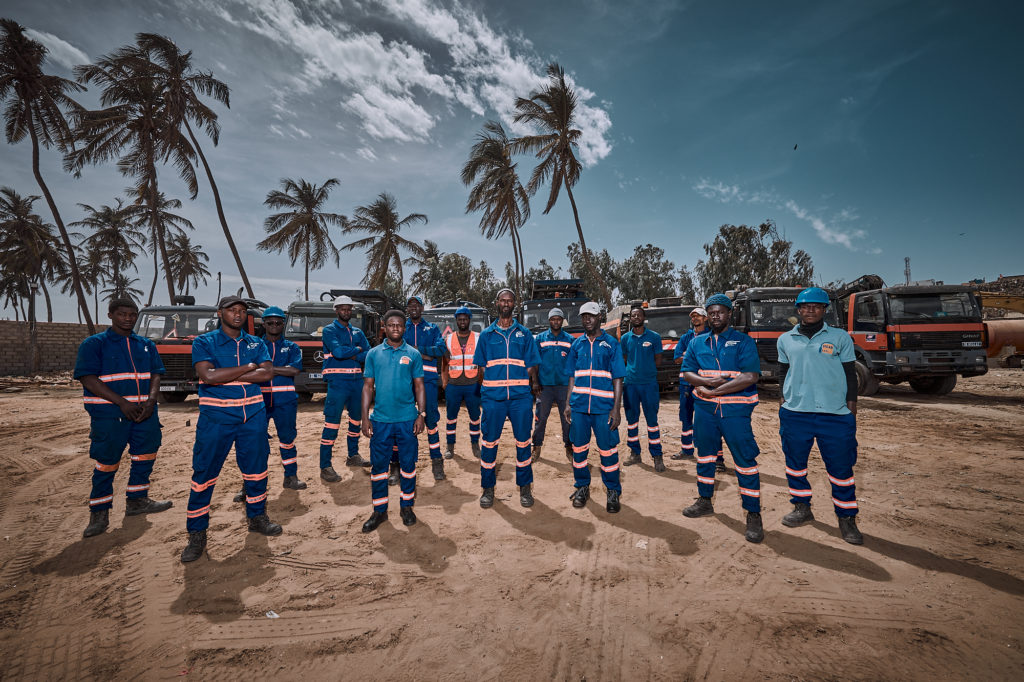
For Speak Up Africa, this day is an opportunity to renew our call to action for governments, private sectors and civil society to come together and take concrete steps. Investing in sanitation is a priority that must be integrated into all development policies to provide every African with the dignity, health, and security they deserve. Together, through small and large actions, we can transform toilets into spaces of peace and harmony for all.

By Roxane Fian, Program Officer
[1] Géo confluences, Dossier : La frontière, discontinuités et dynamiques, https://geoconfluences.ens-lyon.fr/informations-scientifiques/dossiers-thematiques/la-frontiere-discontinuites-et-dynamiques

